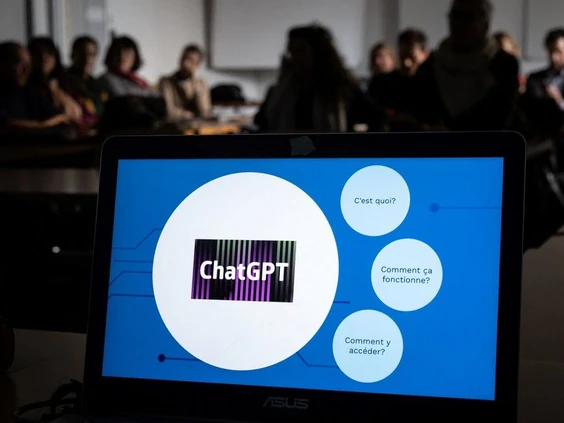In preparing for a talk I am giving to over 200 HR professionals next week, I have spent the last few weeks thinking about where employment law is headed.
Here are the hot button topics I will be discussing, and trends for employers of all stripes to watch out for:
1. Implications of AI in the workplace
If you read my weekly columns, you are no stranger to my views on how artificial intelligence is disrupting employment. It is obvious that AI has infiltrated every nook and cranny of our workplaces, however most employers have not harnessed the power of this new technology. All employers should consider it necessary now to establish clear policies on AI use in the workplace, provide training to employees, and create an AI governance framework for your workplace.
2. Use mandatory workplace policies to your advantage
Many Canadian employers are legally required to introduce various policies to the workplace, including an electronic monitoring policy, a right to disconnect policy, and a workplace harassment policy. An electronic monitoring policy can be very strategic for employers that primarily employ remote workforces. A right to disconnect policy can be a great hiring and retention tool, and can particularly help organisations with low morale as it emphasizes the protection of “off the clock” time. A simple and streamlined workplace harassment policy can help stave off high liability workplace situations. While most employers find implementing work policies to be tedious and ineffective, there are meaningful advantages to implementing most legally mandated policies for the savvy employer.
3. Bad faith damage awards in court are becoming more common
in the last year, courts across the nation have sent a warning shot to misbehaving employers; through large financial penalties. Employers that have treated employees unfairly with respect to the manner of their dismissal or during an investigation have been of particular focus in the courts. I have previous written about the case of Pohl v. Hudson’s Bay Company where Justice Centa awarded $45,000 in moral damages and $10,000 in punitive damages against the Hudson’s Bay Company (“the Bay”). In that case the Bay offered Mr. Pohl a demotion with less hours, less pay, and a new contract that would allow the Bay to terminate his employment by providing him with only minimum statutory entitlements. Mr. Pohl was offered these new terms on the condition that he “voluntarily resigned” from his managerial position. In awarding the damages the court found the Bay’s conduct in demoting Pohl was effectively an attempt to take advantage of a loyal long term employee at a vulnerable time. Now more than ever, employers must take great care when contemplating the rights of the employee at the time of a termination, return to work from a medical leave, and during investigations.
Employment law continues to evolve and change. Artificial intelligence has added a new layer to the dynamics of the workplace. It is only a matter of time before we see the implications of artificial intelligence contemplated in the courts.
Savvy HR professionals will not only embrace changes to the workplace that artificial intelligence and remote work bring but will also cultivate strategies for success.
Have a workplace issue? Maybe I can help! Email me at sunira@worklylaw.com and your question may be featured in a future column.
The content of this article is general information only and is not legal advice.




